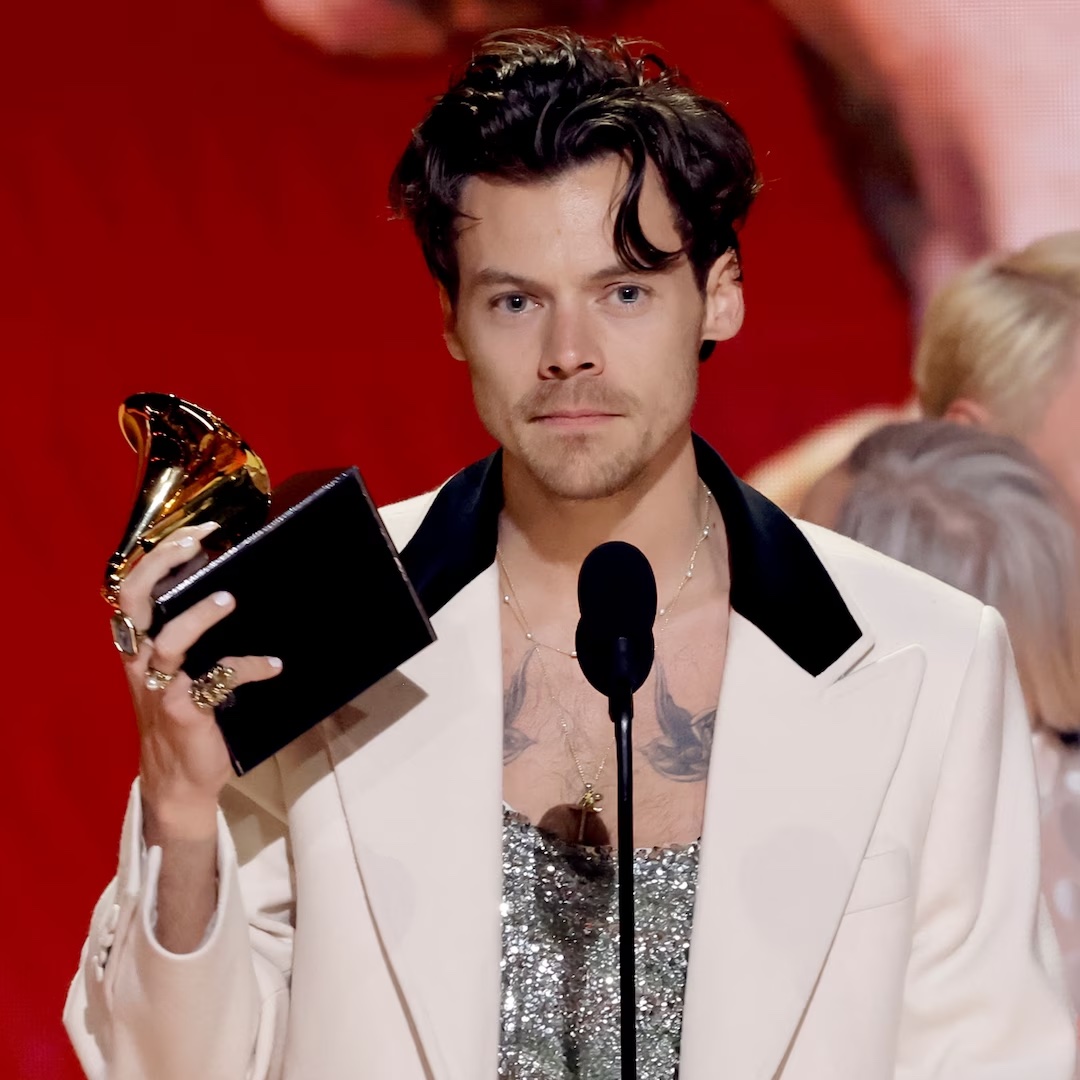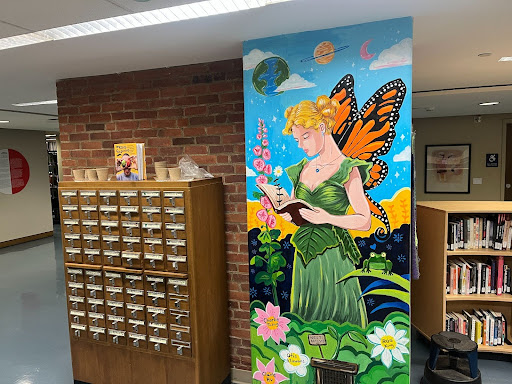Linnea Mayo ’26
Contributing Writer
On February 5th, the 65th annual Grammy Awards took place, and with them came an expected wave of controversy. After Beyoncé beat the record for the most Grammy wins of all time, Harry Styles won the highly anticipated Album of the Year Award for his 2022 album Harry’s House. While the win itself left many disappointed that Beyoncé didn’t win, another topic of conversation surrounded his acceptance speech.
After a clear expression of surprise, the artist honored his fellow nominees and spoke of how inspired he was by them and their work. Towards the end of his speech, Styles told the audience, “this doesn’t happen to people like me very often.” The controversy arose as people pointed out the fact that Styles comes from great privilege as a white cisgender man and questioned what he meant by “people like me.”
As conversation continued, multiple viewpoints came to light, and many fans pointed out the importance of understanding where a statement like this may have come from. On his global “LoveonTour” tour, Styles continuously expressed his gratitude for being able to do what he does at such a great scale. When he is on “LoveonTour” and says, “people like me don’t get to do things like this,” he comes from a place of humility because he is likely referring to his background as a boy from a small town. Because of how common nepotism has become within the music industry, his story of going on the X Factor, joining one of the largest boy bands in the world—One Direction—and embarking on a successful solo career is a plain indication of great luck and hard work. It’s clear that he’s come a long way, and when he is on tour declaring his appreciation to fans, it makes sense considering he is the only artist in the room.
Therefore, context is incredibly important. On tour, him being the only artist in the room means he is not being compared to any other artist. But this context does not apply to the Grammys because he is judged against nine other artists for the award. The other artists nominated for Album of the Year were ABBA, Adele, Bad Bunny, Beyoncé, Mary J Blige, Brandi Carlile, Coldplay, Kendrick Lamar, and Lizzo. Eight of these artists fall under the category of being queer, women, or people of color, and these identities make it so that the odds of success are stacked against them.
The patriarchal nature and set-up of award shows like the Grammys are exclusionary and prevent many artists from getting to experience recognition for their hard work. Considering that the majority of awards have been won by white men like Styles, and only eleven people of color have won Album of the Year in the history of the Grammys, it’s clear his statement was not used in the correct context and came off as tone deaf. Anyone can recognize that Styles’ identity comes with benefits from the patriarchy and white privilege, and adding such a statement to his speech may not have been the best choice. I completely understand why people are upset, and I was disappointed to hear the sentence come from an artist I enjoy.
The Grammy Awards come attached to a patriarchal and racist history, and no one can blame one individual for its faults; instead, we can address the importance of how our language and position can impact others. While the scrutinized clip may have been a cause of agitation, and one can assume his intentions were never meant to be hurtful, it’s important to hold people accountable, even when they’re your favorite artist.











+ There are no comments
Add yours